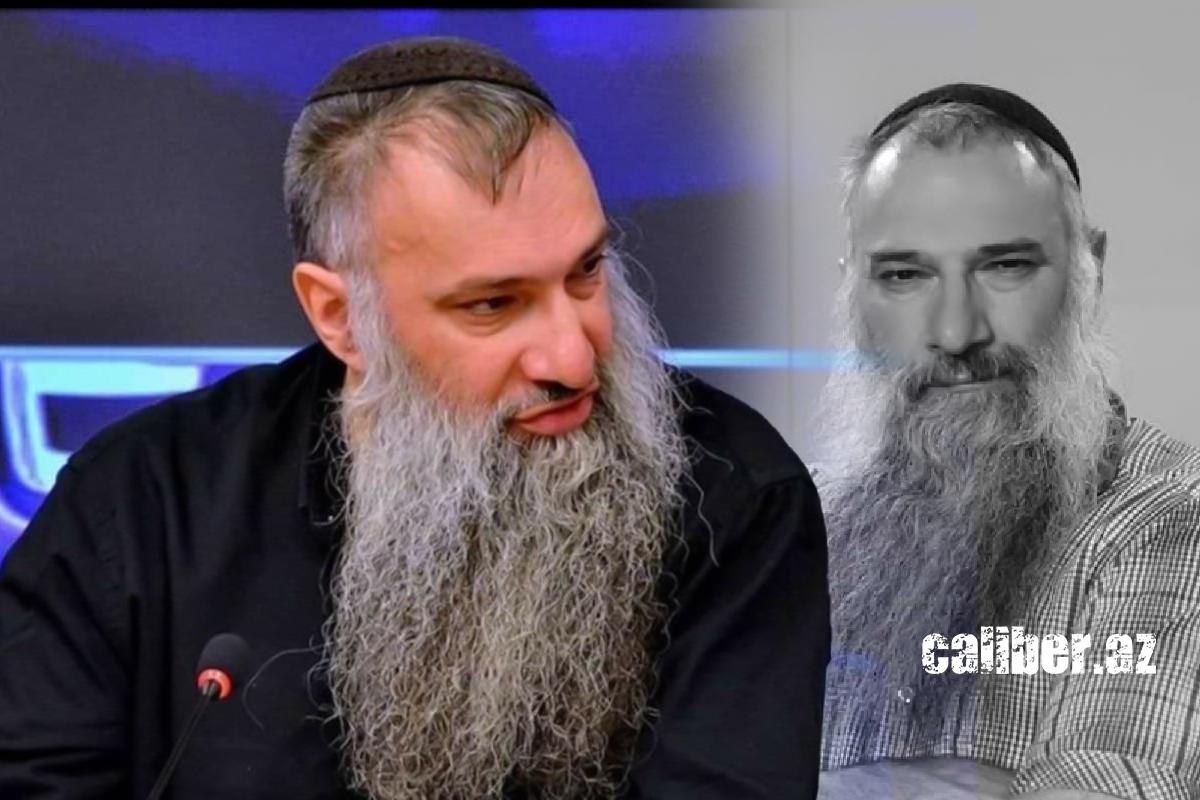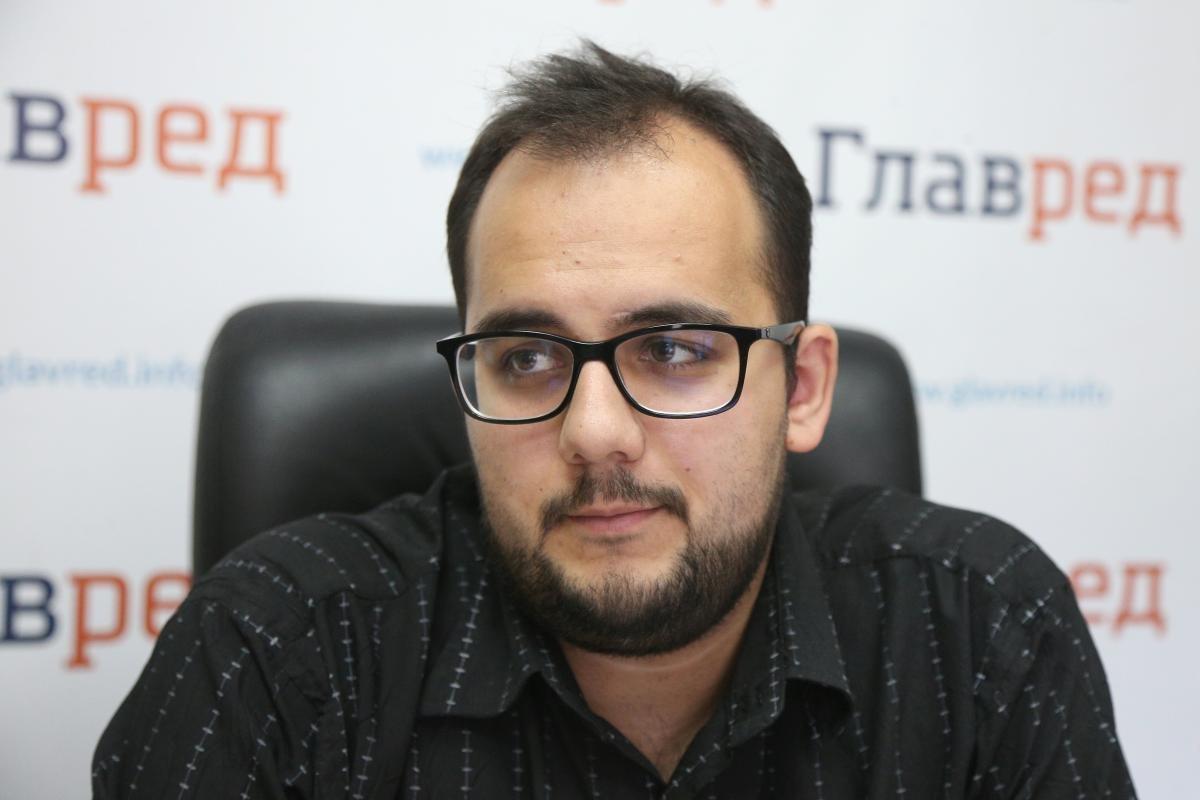Early elections in Armenia: Pashinyan can try, but success is questionable Expert opinions on Caliber.Az
Armenia's political circles are actively discussing holding early parliamentary elections next year. The topic was put on the agenda by the authorities as well. The relevant reports are circulated by foreign newspapers with reference to the Armenian media.
According to foreign newspapers, Armenian Prime Minister Nikol Pashinyan threatened at one of the last board meetings of the Civil Contract party: if you bring it, I will hold new elections, be re-elected again, completely change the current appearance of the parliament and bring a completely new opposition to the National Assembly.
Political circles do not rule out that Pashinyan may make a similar manoeuvre and go to the polls a year or two earlier, once again using the administrative resource for re-election, so that this time he can speak more confidently about the "steel mandate". The point is also to catch the political field by surprise and not give a chance to mature a new opposition force, the media say.
It is well known that the National Assembly now includes MPs who represent blocs created by ex-presidents Robert Kocharyan and Serzh Sargsyan. This is the main operating counterbalance to power in the state system of Armenia. And, according to this message, Pashinyan wants to get rid of them by holding early elections. They seem to have to lose to another, new opposition. Perhaps by this, the prime minister means relatively small parties of a centrist or pro-Western orientation, which, once in parliament, will not speak out too loudly against the current government.
Is it possible to realize such intentions? Or do the forces representing the previous government have a sufficiently significant electorate so as not to lose their positions in the National Assembly of Armenia?
Foreign experts shared their thoughts about this with Caliber.Az.

Avraham Shmulevich, an expert on the Caucasus, the Islamic world and the Middle East, head of the Eastern Partnership Institute (Jerusalem), notes that Pashinyan is in a really difficult situation, and not only because of the forces represented in parliament but also because of what is happening outside it walls
“It is known that a significant part of the economy, security forces, etc. are controlled by Pashinyan’s opponents, the so-called Karabakh clan. And for them, the figure of the current prime minister is, of course, completely unacceptable; they will strive to overthrow him by any means necessary. In addition, we must not forget about the influence of Moscow, which is still quite strong in Armenia, and which is also extremely dissatisfied with Pashinyan’s behavior and his attempts to escape from the influence of the Russian Federation,” says the expert.
Therefore, the move described by Armenian media sources looks quite logical from Pashinyan’s point of view, Shmulevich believes.
“Apparently, the prime minister is now carrying out a purge in the security forces, in the circles of the shadow economy, but most importantly, by knocking out the economic and administrative foundation from under his opponents, he, presumably, will also get rid of Russian agents, people who are under the direct management of Moscow. That is, Pashinyan’s task in this case is to bring Armenia out of the state it was in, when everything was tied to Moscow. And I believe that this would also be in the interests of Azerbaijan because as long as the Russian Federation controls Armenia, there can be no talk of any lasting peace treaty,” believes Shmulevich.
According to him, anti-Azerbaijani forces will try to revive the Karabakh conflict.
“Now the question is being raised about the so-called “refugees” - Armenians who left Karabakh. They will try to return them to Azerbaijan in order to try to undermine the state from within. And this card will be played by those forces that want either the defeat of Azerbaijan or the establishment of control over it. Here I mean Moscow, which at one time created the Karabakh conflict as a way to avoid the collapse of the USSR, and then for decades used it as a lever of pressure on both Baku and Yerevan.
So, if Pashinyan manages to knock this lever out of the hands of Moscow and other interested parties, it will only be beneficial for Azerbaijan. Pashinyan is placed in such a situation that his conflict with the Karabakh clan and Moscow leaves him no choice but to move towards the West, abandoning the policy of revenge and building a “Great Armenia”, which has been the ideology of Armenia and its diaspora since the collapse of the Ottoman Empire "- said the specialist.
According to him, Pashinyan needs a moderate parliamentary majority, he needs deputies who will not oppose him on fundamental issues.
“And again, let’s not forget that many in Armenia blame Pashinyan for “surrendering Karabakh.” It is to his advantage that this issue be removed from the agenda, so it is likely that he intends to hold early elections to the National Assembly. I think he has a chance to successfully accomplish this. Pashinyan has shown himself to be a skilled politician - we see that he still remains in power, although he has already been “buried” several times. For him now, leaving power is simply political death, and maybe physical death. Therefore, he will use all his leverage to implement this plan with parliament.
But perhaps Pashinyan will not succeed, because the forces opposing him (the Karabakh clan, etc.) still have significant financial and administrative resources and still enjoy the support of Moscow and the Armenian diaspora in the Russian Federation with all its resources. So, the struggle will be intense,” Shmulevich is sure.
But Ilia Kusa, an analyst at the Ukrainian Institute for the Future, doubts that holding early elections is currently a priority for the Armenian authorities.

“On the one hand, of course, one can always assume that the authorities want to renew the mandate, on the other hand, I would not say that Pashinyan’s power is seriously threatened. Time has passed since the end of the confrontation around Karabakh, and the Armenian opposition, associated with the old elites, was unable to oppose Pashinyan with anything, or create any meanings, or generate some kind of alternative vision of the future of Armenia. In principle, I would say that the course that Pashinyan proposes, that is, the turn of Armenia’s foreign policy to the West, is supported by a significant number of people, I would even say, the majority. Therefore, I don’t see any point in holding elections yet,” the expert noted.
Perhaps next year something will change, he admits.
“But I would not say that now the threat to Pashinyan, from the point of view of his legitimacy, is somehow critical. That is, I’m not sure about how necessary early elections are at all at the moment.
Rebooting parliament is possible, of course, but this requires the presence of other political projects, which do not yet exist. That is, perhaps, if alternative political parties appear next year, including as a result, for example, of a split in the opposition (which, obviously, cannot now oppose anything to the authorities), or as a result of the emergence of new political forces from among Pashinyan’s supporters - then yes, of course, competition will intensify, and by the next elections the parliament may be updated and rebooted.
But for this, again, it is not necessary to announce early elections. Much here will depend on the actual nature of the new political forces if they appear in Armenia. At the moment, I don’t see a great need for holding early elections, since, in principle, Pashinyan feels quite comfortable, and the opposition in parliament does not in any way prevent him from pursuing the course that he is gradually putting into practice, including with the support of Western countries,” - Kusa concluded.








